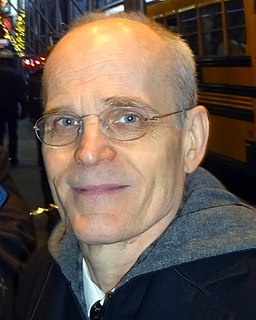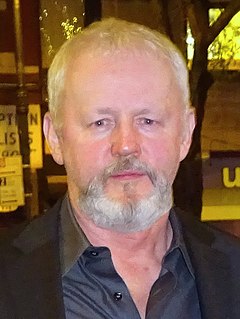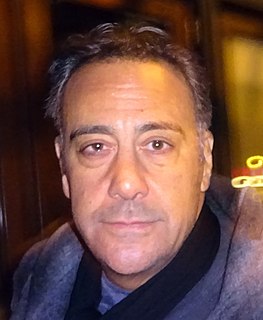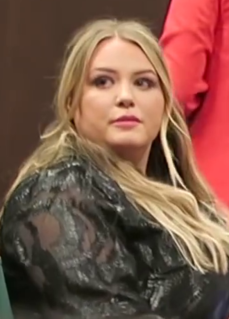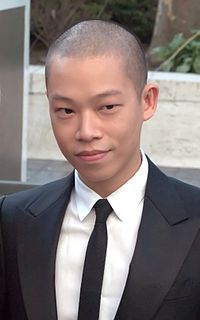A Quote by Chiwetel Ejiofor
I think when I was doing 'Amistad,' I was just too young to really understand what the process was, and beyond that, I hadn't really got involved. It was just somehow - and I thought that the artistry was all in the theater.
Related Quotes
I really thought the process and what I'm used to doing on film would be different. I thought that because I wouldn't have the same amount of time, I wouldn't do all of the tracks that I like to do or the lighting that it takes. And then, I got there and realized that I don't know any other way. I just do all that stuff really, really fast and under a lot of stress.
I think I'm better wired for television. I love variety as far as a project. I'm easily bored and the schedule of a television show, it just keeps you going. I love theater and I think doing a sitcom in front of a live audience is the closest you can get to theater, and it's really the best mix of like standup and theater, is really a sitcom. I started as a standup and I still continue to do that as well, so I think I'm just a TV guy and happy for it. I think my movie career is kind of like my social life, I'm picky and not in demand. So it perhaps is working out.
Dialogue is really aimed at going into the whole thought process and changing the way the thought process occurs collectively. We haven't really paid much attention to thought as a process. We have engaged in thoughts, put we have only paid attention to the content, not to the process. Why does thought require attention? Everything requires attention, really. If we ran machines without paying attention to them, they would break down. Our thought, too, is a process, and it requires attention, otherwise its going to go wrong.
I always thought I'd eventually learn how to draw really well, and despite constant evidence to the contrary, I just kept on trying. If you're too good at anything, you don't have to think about the process, whereas I feel like I spend my life with my head under the bonnet, trying to understand how everything works.
I've been a little disappointed in directors in America. I'm really after a theater that doesn't just deal with the actual texts that I brought in. But with a director that really deals with images too, that takes the play to another level. We have to remember that theater takes place in the third dimension, and we have to take into consideration the visual aspect of the play. I think images are important for the theater. Because I do write images.
I think I was just so ecstatic that I was working, and then as it went on, you know, I started to really appreciate that it ["Freaks and Geeks"] was good and that we were doing something a little different and that, you know, everyone was really cool to work with and that it was really talented group of people, and it was just when I was realizing that, that it got canceled.



